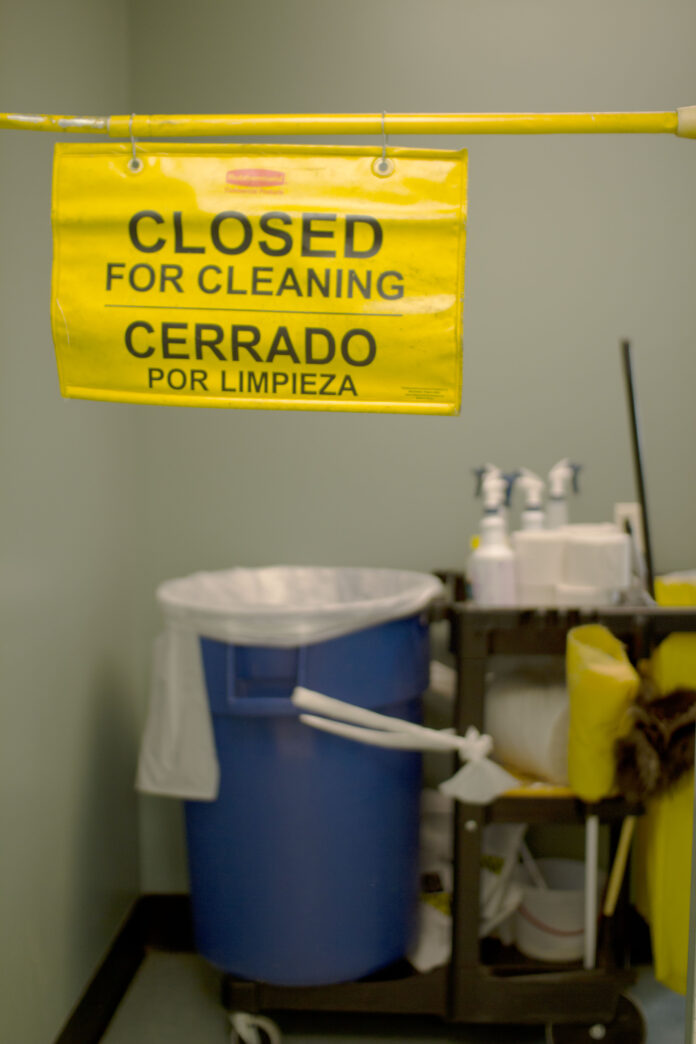UC service workers are experiencing a decrease in take-home pay due to the recent enactment of UC’s latest proposal for AFSCME 3299 service workers.
The AFSCME service workers include custodians, gardeners, food service workers and facilities maintenance staff. The workers are now required to contribute a larger percentage of their paycheck to the pension fund. This change follows a series of negotiations between the service workers and UC at the bargaining table, which failed to result in compromise.
“The cuts amount to a 1.5 percent decrease in take-home pay for workers making an average of $35,000 per year, and up to $124,000 in higher health costs for each worker over their lifetime,” the AFSCME press release stated.
UC maintains that the changes are part of pension reform, and the wages of service workers compare favorably to those in public and private sectors.
Much of the outrage expressed over the pay cuts involves the fact that they were imposed on a unit comprised of over 8,000 of UC’s lowest-paid workers. According to AFSCME, 99 percent of the service workers are currently income-eligible for some form of public assistance. The high level of pay and recent raises for some of the top-earning workers and executives in UC has only added fuel to the fire.
“As far as executive compensation goes, it is a very small percentage of the overall budget that UC has,” said Shelly Meron, a media specialist in the UC Office of the President. “The compensation package that we give service workers is very competitive.”
Some service workers disagree with UC’s insistence that they are providing the unit with reasonable compensation.
“Working at UC Davis, as a father of two, I can’t even afford to live in Davis,” said Ruben Santos, a senior custodian in the UC Davis Facilities Management Department. “If the pay was competitive we wouldn’t be living paycheck to paycheck.”
Santos also expressed his concern that he will be unable to pay for his children to someday attend the institution that he works for.
“This is not what a public university is supposed to stand for. They are supposed to build ladders to the middle class, and right now they are destroying those ladders,” said Todd Stenhouse, communications director with AFSCME 3229.
Other service workers are also struggling to support their families on their current income. Eugene Stokes, a senior building maintenance worker at UC Berkeley, spoke about the difficult financial choices he was faced with recently.
“Yesterday, I had to choose between paying the mortgage or helping my daughter with her tuition. On other days, that choice is between medicine and food,” Stokes said.
The changes were implemented one week before UC President Janet Napolitano began her term on Sept. 30. Many are looking to her for resolution on this issue.
Ten California state representatives recently signed an open letter to Napolitano addressing their concerns about UC’s treatment of the service workers.
“Whatever the reason, whatever the recent history, singling out the University’s largest population of minority workers for the harshest treatment at the bargaining table sends a deeply disturbing message. Nothing could be less consistent with the values that you have embodied throughout your career,” the letter stated.
AFSCME and the service workers are currently deciding what steps to take next.
“What workers are worried about right now is our families and our futures. We love working for UC. We love the students and the faculty. All we’re asking for is to make a fair wage and be respected,” Santos said. “We are ready to fight until we get something that’s fair.”
LAUREN MASCARENHAS can be reached at campus@theaggie.org.




